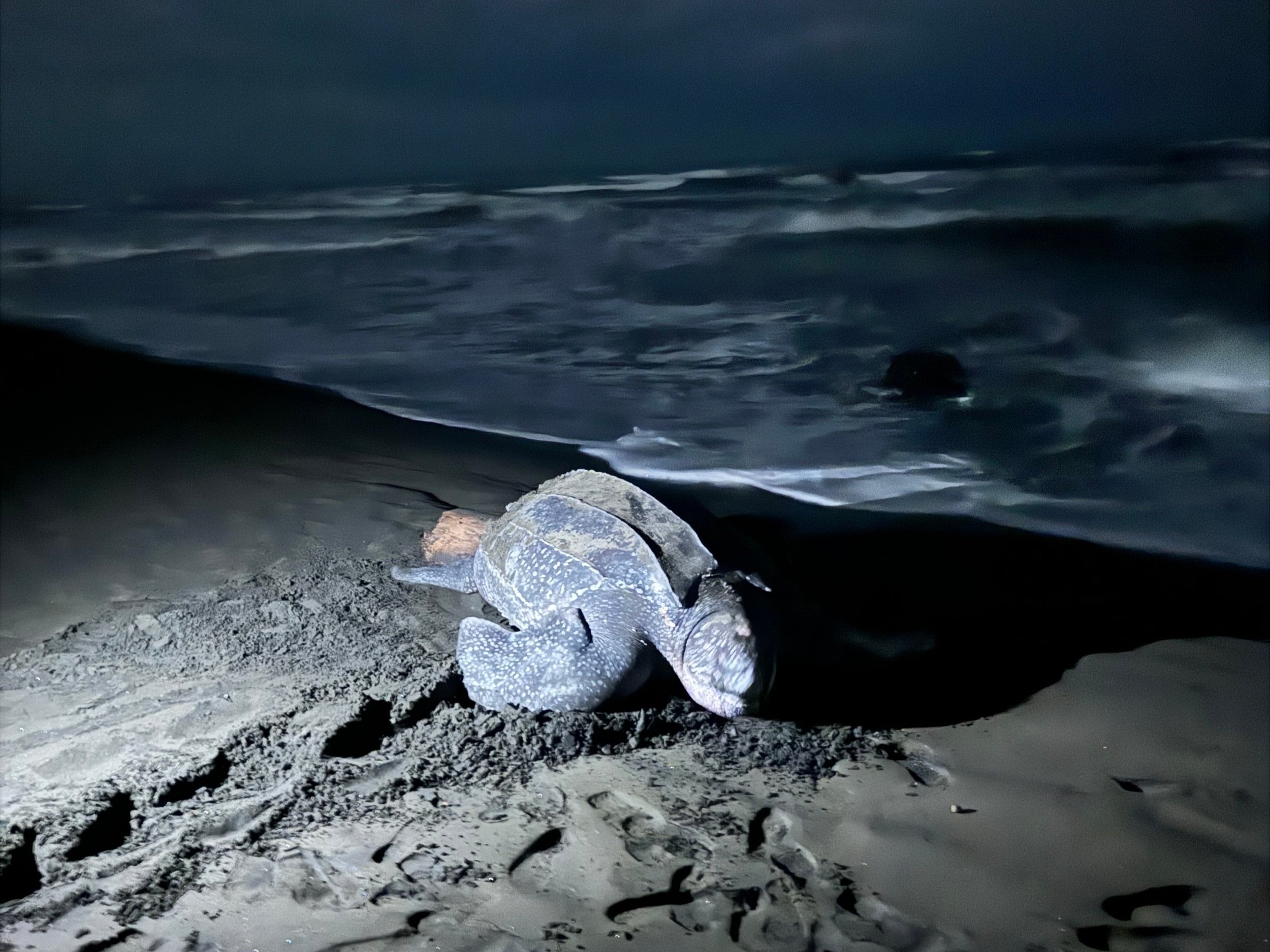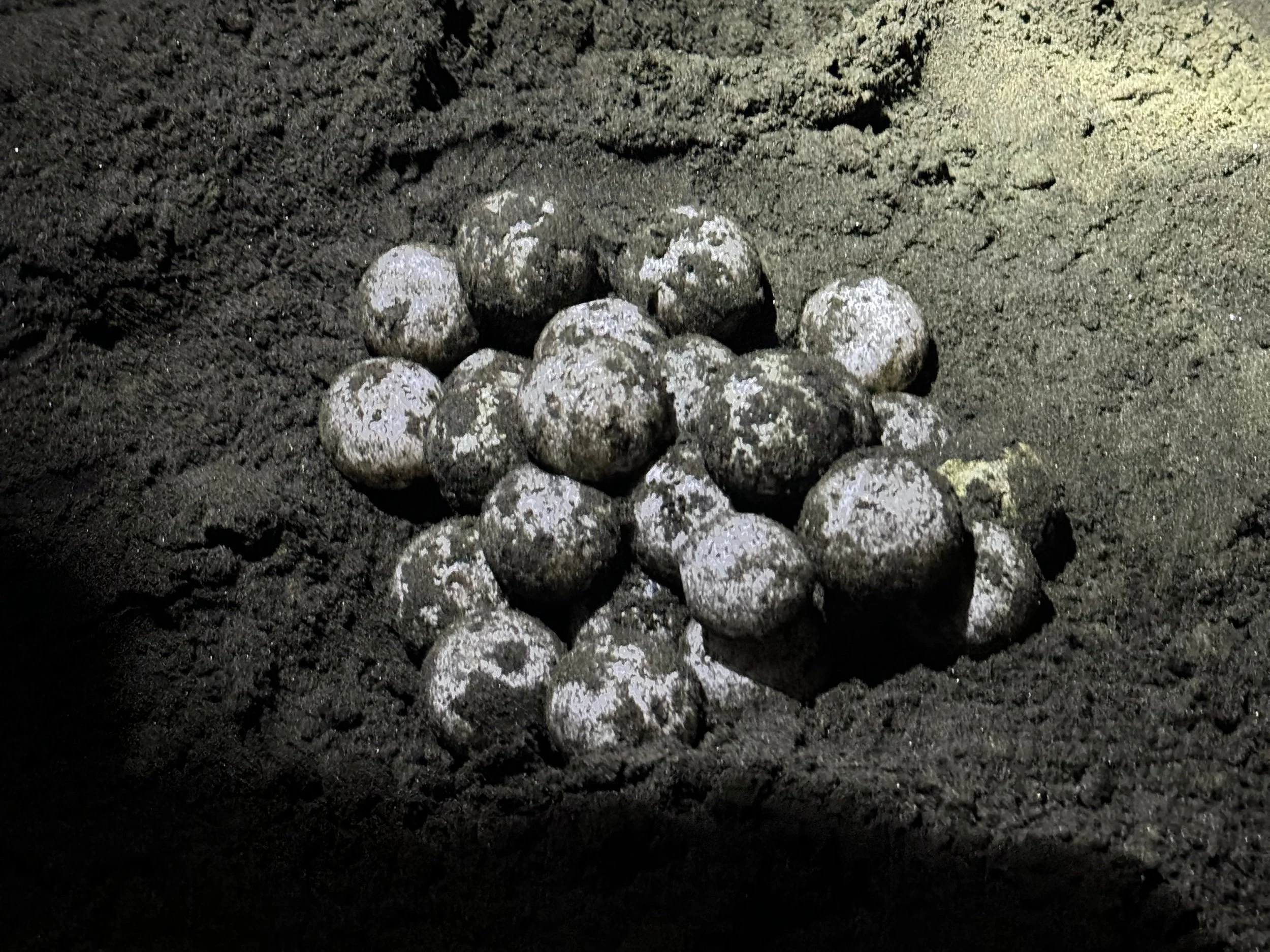Why Do People Steal Sea Turtle Eggs in Costa Rica?
Taken in Costa Rica, the white light is from the poachers stealing the nest.
Costa Rica's pristine beaches are vital nesting grounds for endangered sea turtles, including the Olive Ridley and Green turtles. Despite legal protections, the illegal harvesting of sea turtle eggs persists, driven by a complex interplay of cultural beliefs, economic necessity, and organized crime.
Cultural Beliefs and Traditions
In some communities, sea turtle eggs are believed to possess aphrodisiac properties, a myth that fuels demand in local markets and bars. This belief, though scientifically unfounded, perpetuates the illegal trade and consumption of turtle eggs.
Economic Incentives
For individuals in impoverished coastal regions, poaching offers a source of income. A single night's harvest can yield hundreds of eggs, each fetching a price on the black market. The lack of alternative employment opportunities makes poaching an attractive, albeit illegal, livelihood.
Organized Crime and Trafficking
Beyond local consumption, sea turtle eggs are trafficked by organized crime networks. These groups exploit the high demand and low risk associated with egg poaching, integrating it into broader illegal operations. The eggs are often sold in urban centers or smuggled across borders.
Conservation Efforts and Challenges
Conservationists employ various strategies to combat egg poaching, including beach patrols, community education, and the use of decoy eggs equipped with GPS trackers to monitor illegal trade routes. However, these efforts face challenges such as limited resources, threats to conservation workers, and the need for stronger law enforcement.
Understanding the multifaceted reasons behind sea turtle egg poaching is crucial for developing effective conservation strategies. Addressing cultural beliefs, providing economic alternatives, and strengthening law enforcement can help protect these endangered species for future generations.


